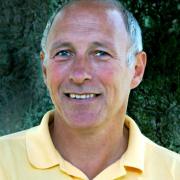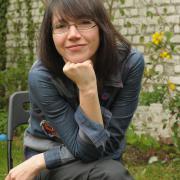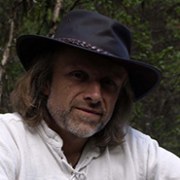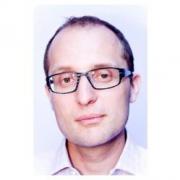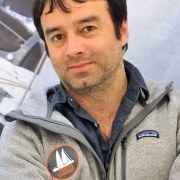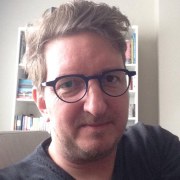When faith and facts collide
Science centres and natural history museums are increasingly involved in debates between natural sciences and more belief-driven views. In this whole-day pre-conference workshop we will unpin this issue and explore possible routes for the future.
Science engagement professionals are usually trained in science and base their explanations on the scientific method, largely impersonal and culturally neutral, and thus objective. However our practice is being challenged by an increasing number of people who create their own reality and explanatory models based on pseudoscience and belief, for instance contesting "inconvenient truths" with beliefs rooted in ideology, politics, economics, religion, etc. The science behind evolution or man-made climate change for example are being contested by undocumented allegations or views whose defenders, sometimes powerful polititians, refuse to acknowledge science-based facts.
A detailed programme can be found here.
This workshop is organised by the Ecsite Nature Group, a thematic group that brings together professionals and institutions who engage audiences with nature. The workshop is open to all, join!
Facilitator
International relations and projects
Senior Scientist, Collection and Exhibition manager
Session speakers
Connecting learning environments (museum, school, home, nature). People learn everywhere, all the time, all through their lives; and they can be motivated to engage with science at all those moments and locations. Children spent just 16% of their waking time at school! To help society become more science literate and to empower citizens to make informed decisions, we should connect schools with out-of-school learning environments, such as museums. Learning ecosystems, partnerships between local learning environments, enable children to be critical and inquisitive and discover their passions in science. In this way they explore their talents continuously at school as well as outside school. .
Conservatory and Botanical Garden of the City of Geneva
Michelle will talk about the importance and role of natural history collections in biodiversity sciences, emphasising the relevance of collections-based research in establishing the stable, fact-based foundations that are necessary for the discovery, description and understanding of life on Earth. Taxonomic research - which could be perceived as a dying art - is the scientific pillar that supports numerous other scientific domains as well as economically important activities such as food production, forestry and fisheries, eco-tourism and pharmaceutics. This scientific discipline - one of the oldest known to man - also plays a fundamental role in agricultural development, understanding the impacts of climate change and combatting invasive species: societal challenges we are all currently facing.
Head for Environment and Climate Policy
Tara Expeditions Foundation
André will talk about the impacts of climate change on marine biodiversity, as witnessed by the scientists of Tara Expeditions. Tara´s schooner, equipped with a lab, has been sailing across the world’s oceans in the past 13 years, witnessing coral bleaches and the growing islands of plastic. 70 scientists working in rotation have been collecting and analysing data since then and take every opportunity to share their results with the public. He will relate how they deal with climate sceptics. Tara Expeditions was one of the promoters of the “Because the Ocean” initiative at CO21.
Assistant Professor in Philosophy of Science
Immunizing minds against pseudoscience
Stefaan Blancke will discuss the various strategies that pseudoscientific beliefs adopt to spread from mind to mind, including exploiting the peculiarities of human cognition. He will then explain how science education and communication institutes such as natural history museums can help to turn the tide and effectively immunize minds against pseudoscience.
Outcomes:
- the participants will learn how insights concerning human cognition and communication helps us to understand and counteract the spread of pseudoscience

